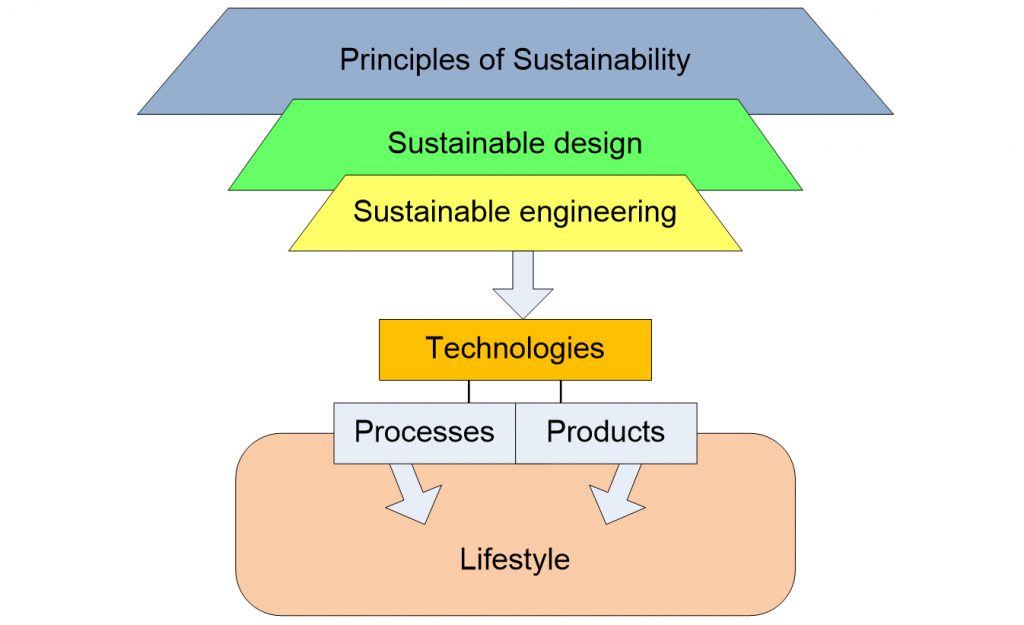For parents, the school can be the place where they leave their children while they go to work. For children, school becomes the place where they have fun, learn, make friends, and even nap. This environment is meant to introduce children to structure, which is what we see in society as adults.
Aside from that structure, education also helps build a better tomorrow.

The idea of perspective
Through learnings in school, children learn to stretch their understanding of situations. They perceive a situation from their perspective, but they also get to experience the perspectives of other children, which builds empathy. If one child is hungry, another child might feel bad and share their meal. If another child is crying for their parent, another child misses their own parent. As future leaders, it is important to have a healthy kind of empathy and compassion, which they develop at a young age.
The value of nurturing curiosity
Nature trips and tactile learning are just some of the ways children’s curiosity is nurtured at school. With every new item or situation they encounter, their imagination widens, and this imagination brings forth creativity and curiosity. Artists can start to show signs of their love for the arts as early as in their pre-school years, and this can better be nurtured through school activities and extracurriculars.
The challenge of sparking change
The world we currently have is not perfect. This is why it’s important for schools to do one thing: spark change. What we teach at school becomes the foundation of knowledge for every child that attends. Teaching them to be conscious of their water use or garbage disposal, Metanoia Eco believes, can teach them to be more sustainable members of society.
Education is not just important because of the diploma a child can earn. It’s important because it teaches children the fundamentals of becoming good citizens.